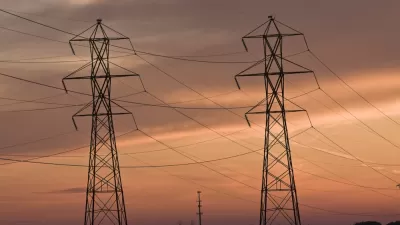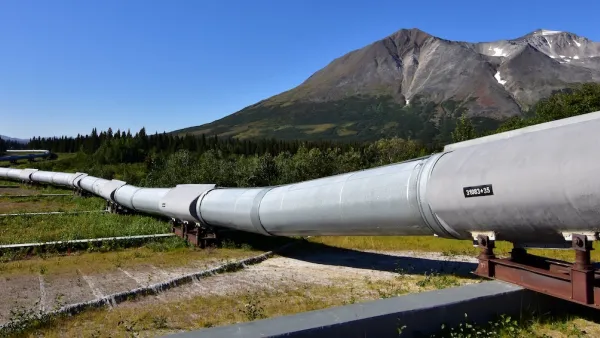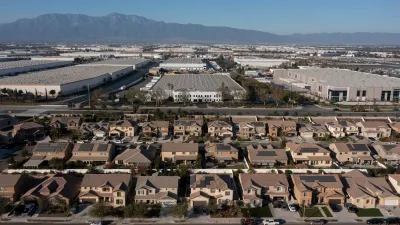Could New York State’s ban on the energy-intensive activity foreshadow similar actions in other parts of the country?

In the wake of the nation’s first moratorium on cryptocurrency mining operations, should the industry worry that more states will follow New York’s example? Clio Chang outlines the state’s new policy in Curbed.
“Over the past few years, upstate New York has seen a proliferation of these plants that ‘mine’ digital currencies using fossil fuels, often repurposing old aluminum mills and coal plants in the area.” The New York bill, signed by Governor Kathy Hochul last week, will last for two years and applies to “new ‘proof of work’ fossil-fuel crypto plants, which utilize enormous amounts of energy to feed high-powered computers to validate new coins. It doesn’t apply to individuals — or companies — who have already filed paperwork in the state.”
Cryptocurrency mining has come under fire from environmentalists for its contributions to greenhouse gas emissions. “Global mining of just one kind of cryptocurrency, bitcoin, consumes more electricity than all residential lighting in the U.S. and produces about half the emissions of the global tobacco industry, according to the University of Cambridge.”
FULL STORY: Is New York’s Crypto-Mining Moratorium the Start of a Trend?

Maui's Vacation Rental Debate Turns Ugly
Verbal attacks, misinformation campaigns and fistfights plague a high-stakes debate to convert thousands of vacation rentals into long-term housing.

Planetizen Federal Action Tracker
A weekly monitor of how Trump’s orders and actions are impacting planners and planning in America.

San Francisco Suspends Traffic Calming Amidst Record Deaths
Citing “a challenging fiscal landscape,” the city will cease the program on the heels of 42 traffic deaths, including 24 pedestrians.

Defunct Pittsburgh Power Plant to Become Residential Tower
A decommissioned steam heat plant will be redeveloped into almost 100 affordable housing units.

Trump Prompts Restructuring of Transportation Research Board in “Unprecedented Overreach”
The TRB has eliminated more than half of its committees including those focused on climate, equity, and cities.

Amtrak Rolls Out New Orleans to Alabama “Mardi Gras” Train
The new service will operate morning and evening departures between Mobile and New Orleans.
Urban Design for Planners 1: Software Tools
This six-course series explores essential urban design concepts using open source software and equips planners with the tools they need to participate fully in the urban design process.
Planning for Universal Design
Learn the tools for implementing Universal Design in planning regulations.
Heyer Gruel & Associates PA
JM Goldson LLC
Custer County Colorado
City of Camden Redevelopment Agency
City of Astoria
Transportation Research & Education Center (TREC) at Portland State University
Jefferson Parish Government
Camden Redevelopment Agency
City of Claremont





























